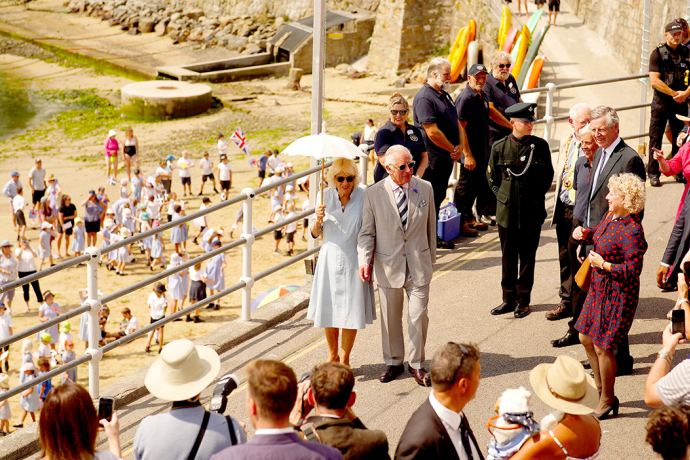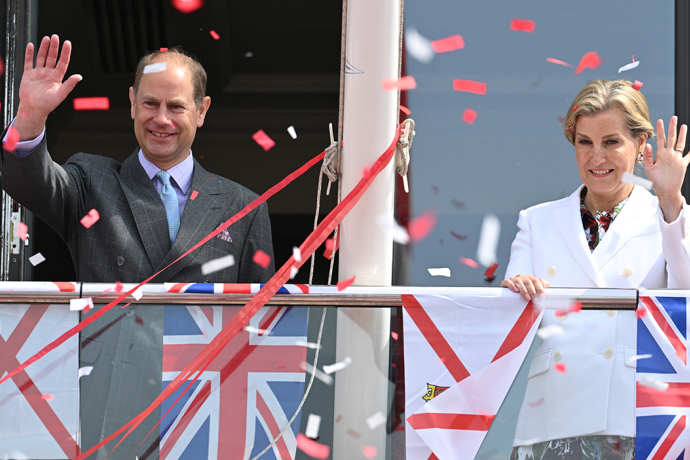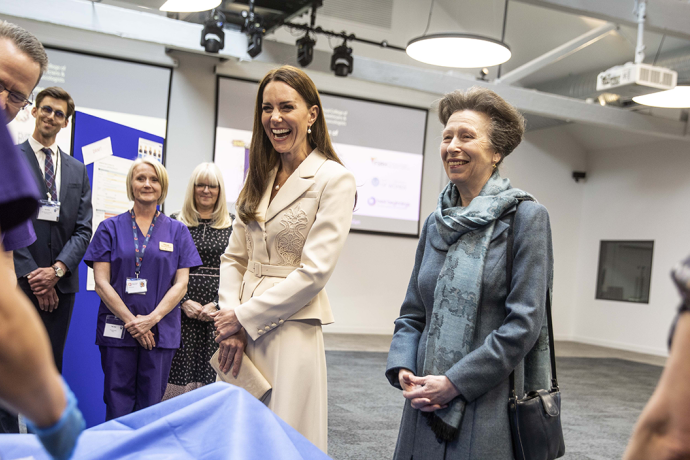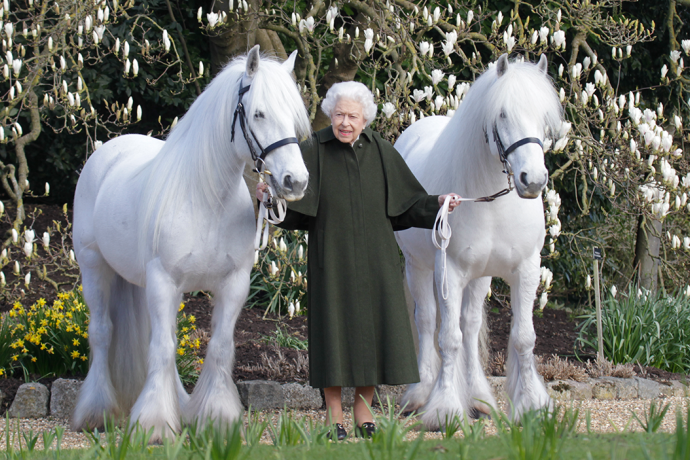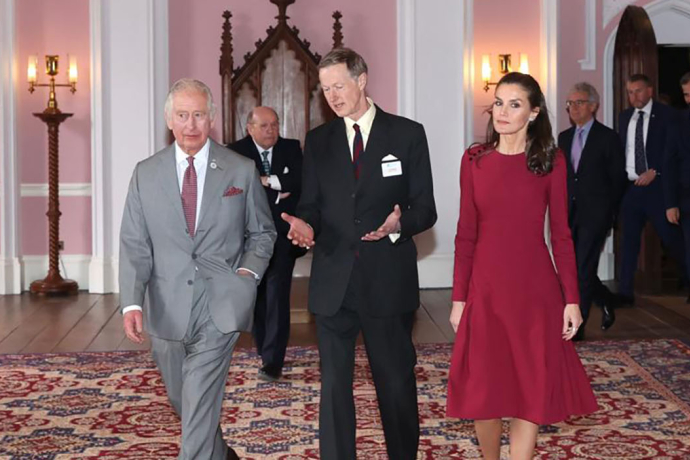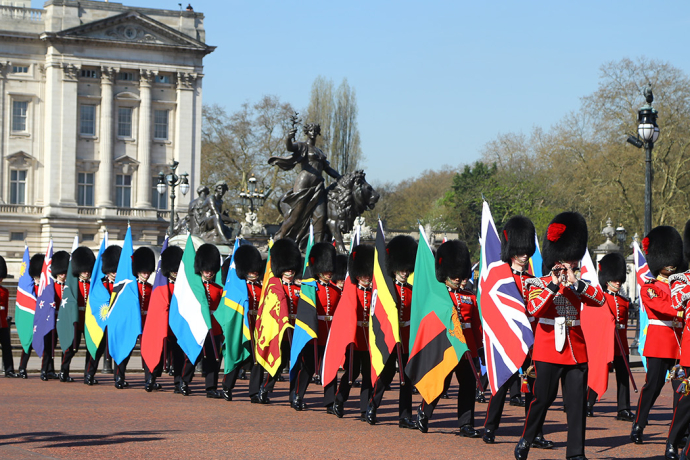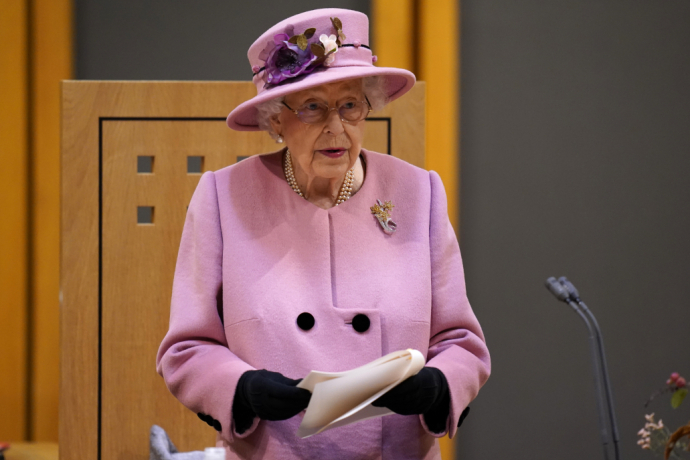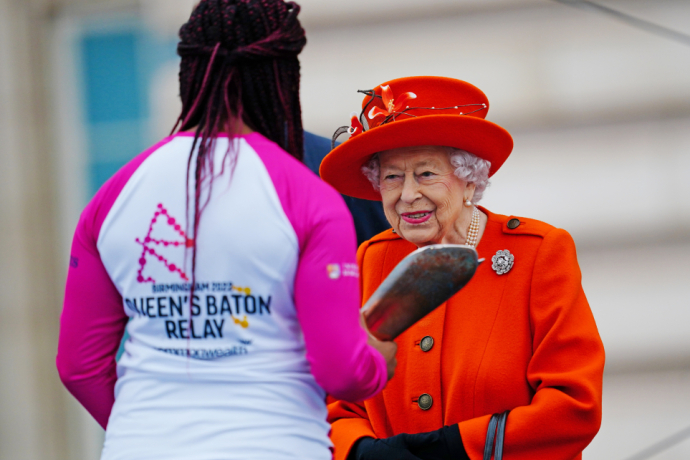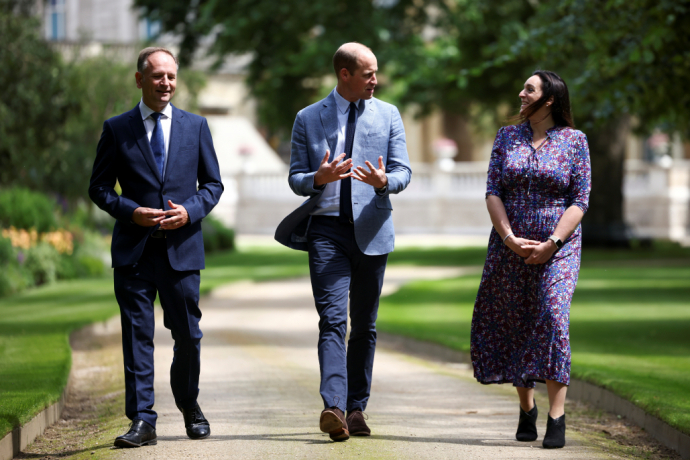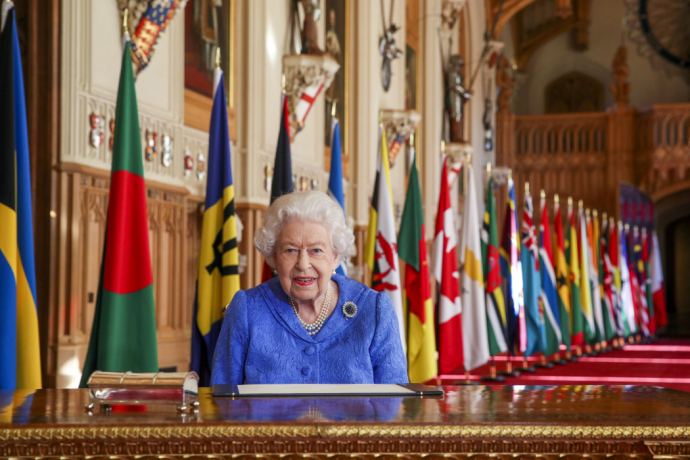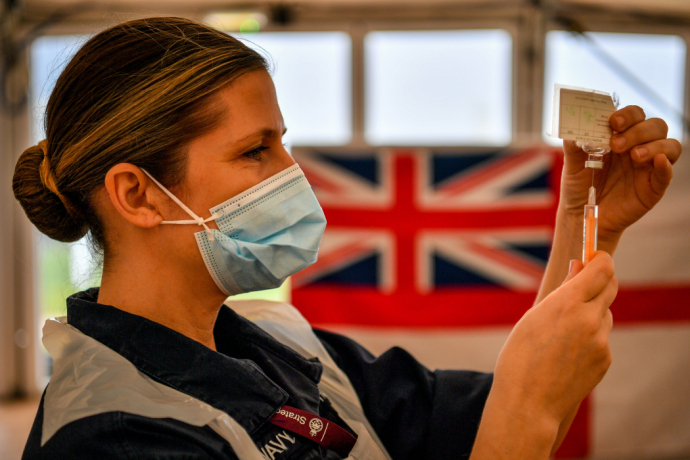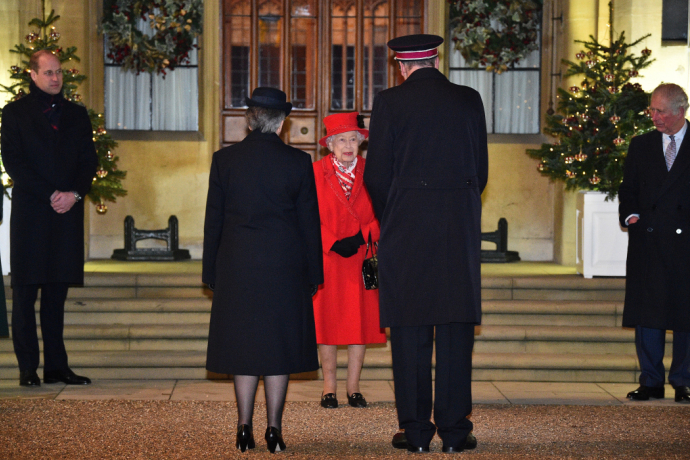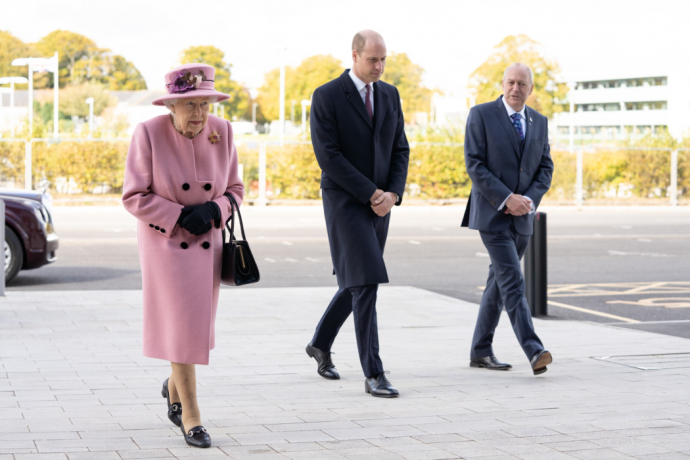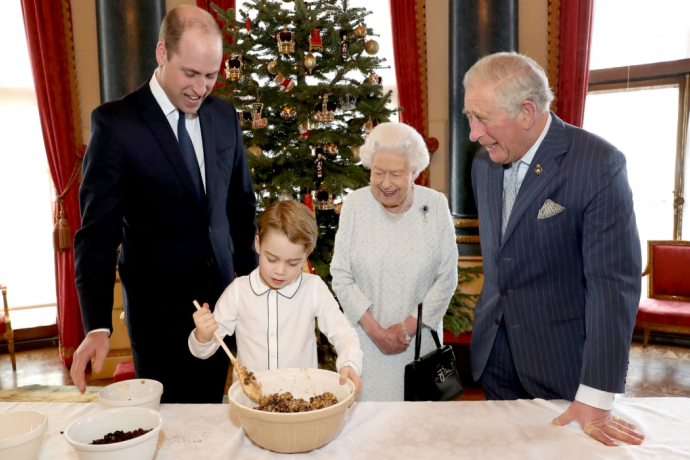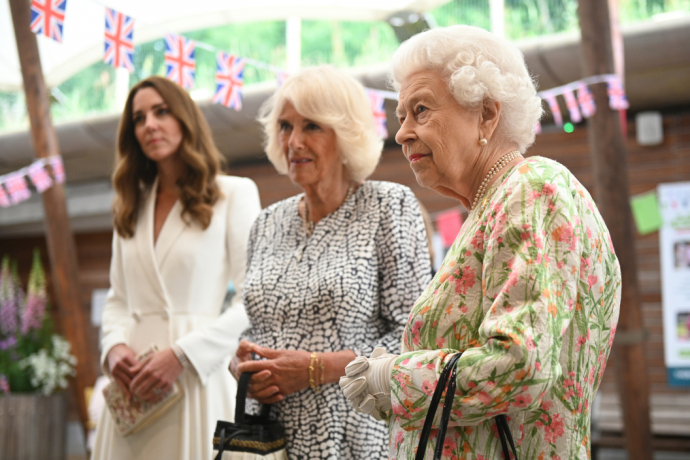Maundy Thursday
Published
Every year, on Maundy Thursday, The Queen distributes special Maundy money to pensioners in a service which commemorates Jesus washing the feet of the Apostles at the Last Supper.

Recipients of Maundy money are nominated by their local dioceses for contributions to their local church and community. Given the current circumstances, the Royal Maundy Service 2021 could not go ahead this year.
Instead the Maundy money was blessed at the Chapel Royal, St James's Palace, before being posted to recipients alongside a letter from The Queen. This meant recipients could still receive their Maundy money and purses, and instead mark the special occasion from their homes.
Please enjoy the video to see some highlights of the Royal Maundy Service traditions, which we hope will help you to feel part of the occasion from home.
When and where is the service?
The Maundy Service happens each year on the Thursday before Easter Sunday. The Queen has travelled to various cathedrals and abbeys to give gifts to local people.
What is Maundy money?
During the service, The Queen distributes gifts according to the number of years she has lived: for example, this year, Her Majesty will be 95, and so The Queen has distributed 95 pence worth of Maundy money to 95 men and 95 women in recognition for their contribution to community and to the church.
The service dates back to 600AD and these special coins have kept much the same form since 1670. They still bear the portrait of Her Majesty designed for her coronation in 1953, even though the image on ordinary circulating coinage has since been changed four times.
Each recipient of Maundy money is given two small leather purses by The Queen, one red and one white.
In 1572 Elizabeth I carried out the ceremony at Greenwich, distributing cloth, salmon, herrings, bread and claret. It was traditional for female sovereigns to also give away their own gown, but Elizabeth I gave money in lieu of her gown to prevent the people fighting over it.
The first contains a small amount of ordinary coinage which symbolises the Sovereign's gift for food and clothing. This year the coins are specially created to commemorate Her Majesty’s 95th Birthday, and the 50th anniversary of Decimal Day. The second purse contains Maundy coins up to the value of the Sovereign's age. The coins are legal tender but recipients normally prefer to retain them as a keepsake.
Related content
